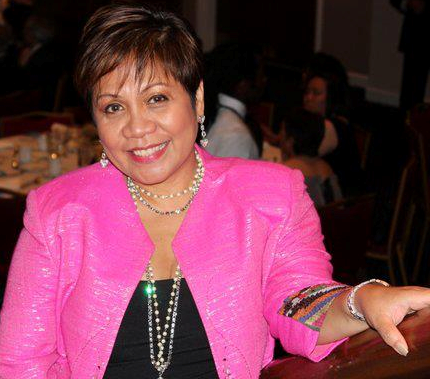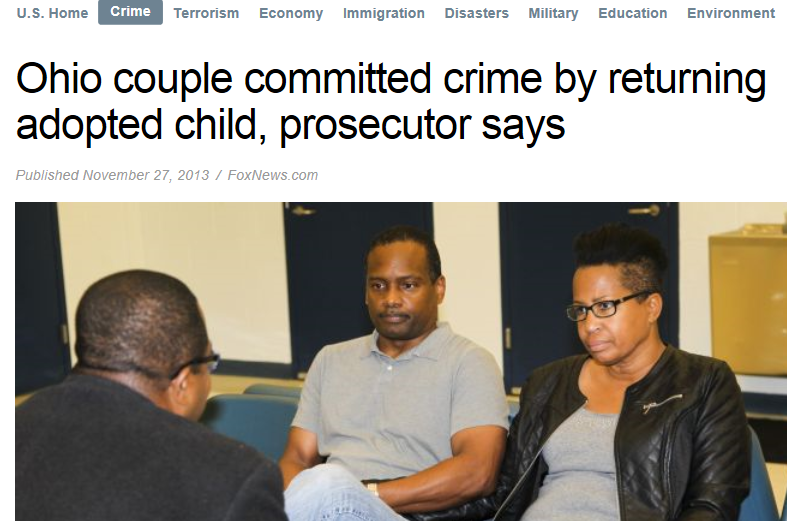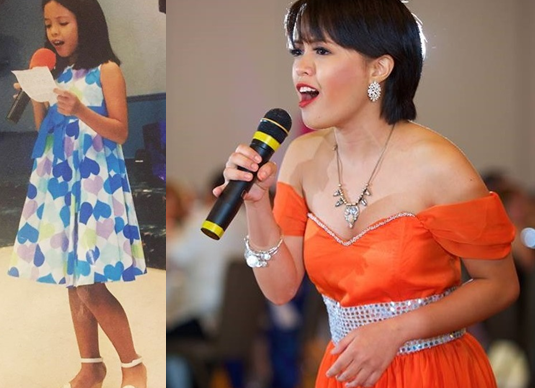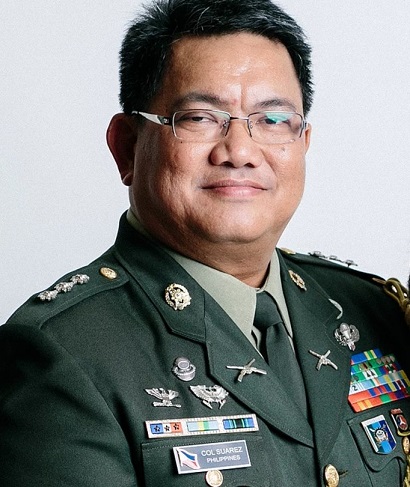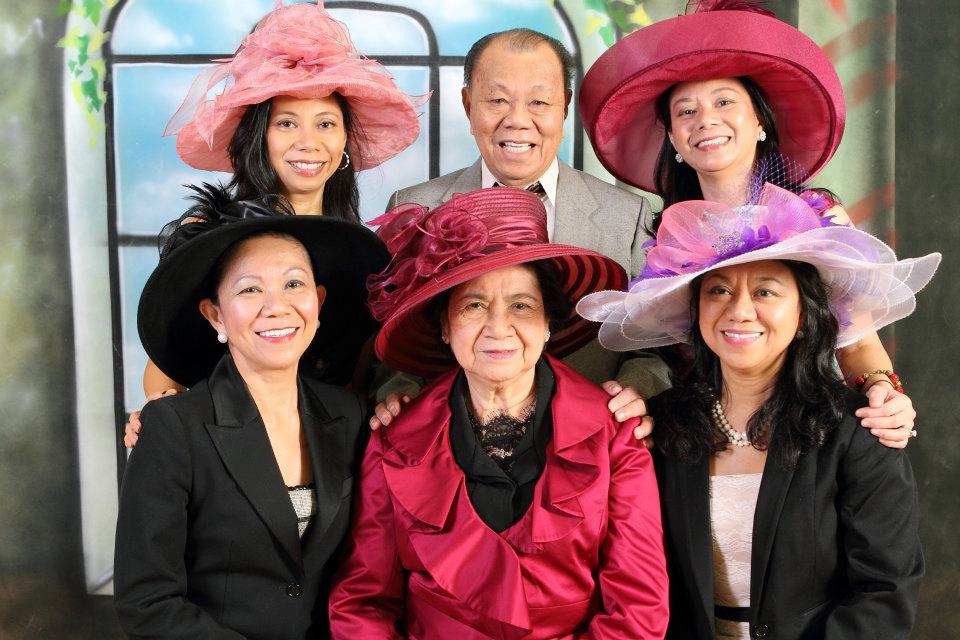Buddies return to save world from extremist foes
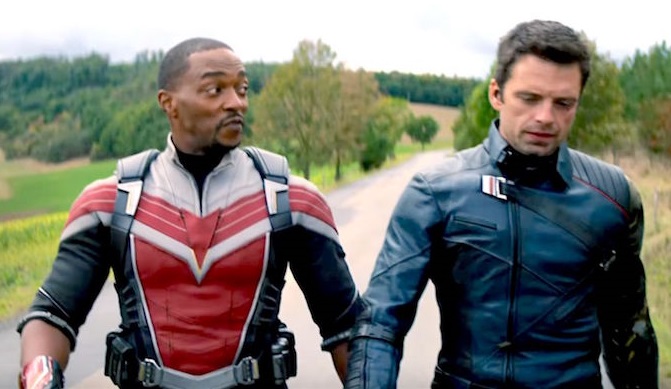
By Wendell Gaa
Marvel’s “The Falcon and the Winter Soldier” (FAWS) which is currently streamlining on Disney+ had been expected by many fans to be a return to form of standard action superhero serial storytelling as opposed to the brilliantly crafted “WandaVision” which was different in style and thematic approach.
In many ways, this show does handsomely fulfill such expectations, but pay very close attention and you will clearly understand how FAWS deals with so much more than just fight stunt choreography, which is something that the Marvel Cinematic Universe (MCU) is quite good at.
The very heart of this mini-series is about the budding friendship between two popular characters from past MCU films, Sam Wilson AKA the Falcon played by Anthony Mackie, and Bucky Barnes AKA the Winter Soldier portrayed by Sebastian Stan. Set some six months after the events of “Avengers: Endgame” after the great assembly of Marvel superheroes have banded together to defeat the forces of the galactic tyrant Thanos. FAWS depicts the physical and emotional adjustments which both Sam and Bucky need to undergo in the wake of the departure of their mutual friend Steve Rogers/Captain America, who plays a crucial role rallying the world’s superheroes to victory over Thanos. After that, he entrusts his symbolic shield weapon over to Sam at the very end of “Endgame.”
As both Sam and Bucky are resurrected back to life, the series does an exceptional job in focusing on their respective background and upbringing, especially on Sam and his Southern U.S. roots. Their hopes of settling back into normal life are soon dashed when a new threat to international security materializes in the form of a rogue group called the Flag Smashers, a band of extremists promoting violent means even at the expense innocent lives.
Sam and Bucky then reluctantly decide to team up to confront the Flag Smashers, led by a mysterious girl named Karli Morgenthau. The U.S. government’s newly designated Captain America, a decorated Army soldier named John Walker, decides to try to join Sam and Bucky in their global mission, although unlike his predecessor Steve Rogers, he is clouded by a sense of entitlement and even feels he is an upgrade in personifying American values and courage.
Adding more to the existential threat posed by the Flag Smashers is the fact that they are empowered with the same super soldier serum which made Steve Rogers a superhuman hero. This serum embodies a central question addressed by the series: Is there a true distinction between super-heroism and supremacy?
The abuse of power by people supposedly tasked with protecting society is a theme which has been addressed before in other superhero films, but there is something so powerfully relevant with how today’s global political, socio-cultural and even racial issues are almost reflected perfectly with the character interactions in FAWS.
Mackie and Stan have wonderful onscreen chemistry and their character banter is just endearing to watch and a definite highlight of the series. As expected, the supporting cast is also superb, though one true standout is Spanish-German actor Daniel Brühl who reprises his role as the supervillain Baron Zemo, a popular MCU character not seen since 2016’s “Captain America: Civil War.” As the main antagonist in that film, Zemo surprisingly had minimal screen time, although his actions were the catalyst for the movie’s tumultuous conflicts. But in FAWS, we get to see Zemo in all his serpentine charm and charisma coming to the fore. Brühl’s performance as Zemo is so entertaining and thought-provoking all at once, to the point that he becomes a villain you actually root for, and I found myself longing and hoping to see so much more of him in future MCU projects.
The other standout for me is Wyatt Russell as the honorably well-intentioned yet short-tempered John Walker. The son of longtime Hollywood veteran actors Kurt Russell and Goldie Hawn, he gives his character an edge of intensity, anger and frustration which is all too human and relatable, and by this performance alone he gives off every good vibe that his acting career will be just as celebrated, if not more so, as his famous parents.
The action and visuals in this mini-series are first rate (along with the music soundtrack which even includes a bar club scene in one episode that briefly features a Tagalog-language hip-hop song!), but the way the notion is presented on how real superheroes are made from circumstances similar to our own in today’s polarizing world is what truly incites me to give FAWS repeated viewings.
(C) The FilAm 2021



